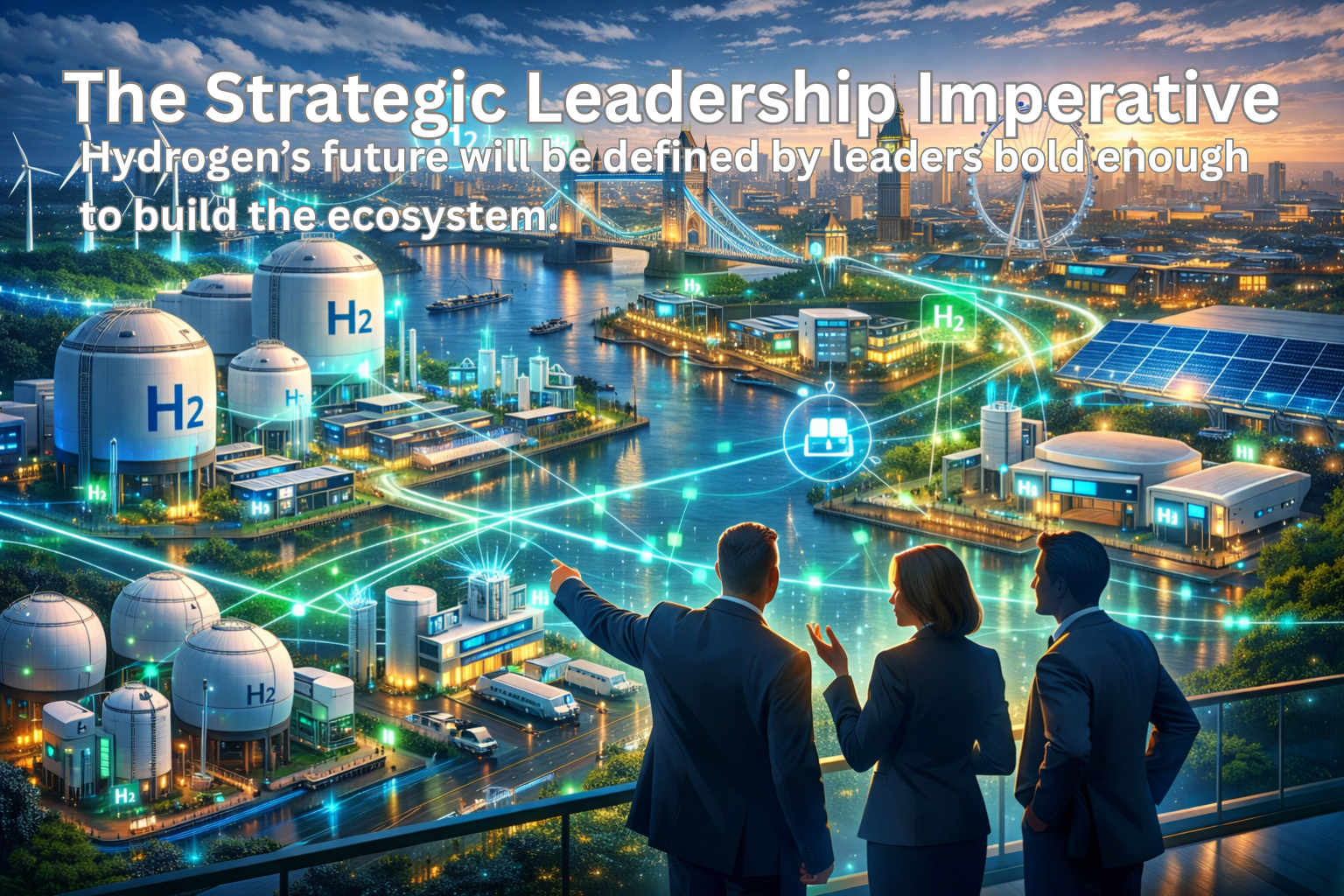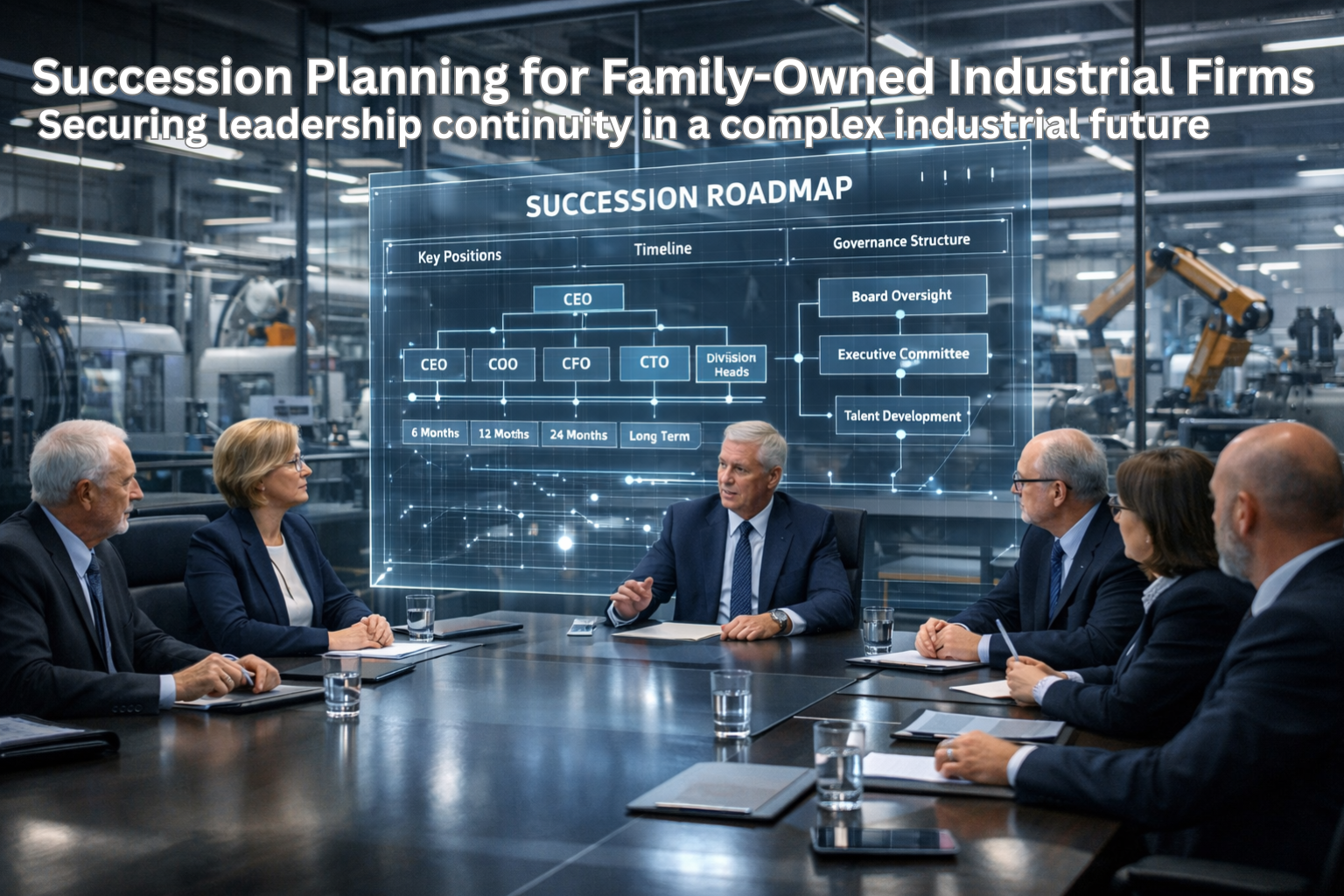How to Create Lasting Relationships with Industry Professionals

The ability to build and maintain lasting relationships with industry professionals is a valuable skill that can significantly contribute to your success. Whether you're a seasoned professional or just starting your career, cultivating meaningful connections can open doors to opportunities, encourage positive collaboration, and enhance your overall professional experience. At Wyman Bain we create lasting relationships with professionals up and down the country everyday so thought we would explore various aspects of building and sustaining these relationships, from understanding what a working relationship entails to effectively connecting with clients and colleagues in the workplace.
How to Build Professional Relationships
Building professional relationships is an art that requires a combination of interpersonal skills, genuine interest, and consistent effort. Start by attending industry events, conferences, and networking gatherings. These occasions provide excellent opportunities to meet like-minded individuals, exchange ideas, and establish initial connections. Introduce yourself confidently, listen actively, and express genuine interest in others' experiences and perspectives.
Not sure how to connect? Leveraging online platforms such as LinkedIn can be instrumental in expanding your professional network. Regularly update your profile, share relevant content, and engage in meaningful conversations with industry peers. Remember, building relationships is not just about what you can gain but also what you can contribute to others in your network.
Understanding Working Relationships
A working relationship is a professional connection established between individuals who collaborate to achieve common goals. Unlike personal relationships, which may involve emotional bonds, working relationships are primarily focused on achieving professional objectives. These relationships can exist between colleagues, clients, partners, and other stakeholders within the business ecosystem.
In a working relationship, effective communication is key. Clearly define roles, expectations, and responsibilities to ensure smooth collaboration. Establishing trust and reliability is fundamental to building strong working relationships. Consistently delivering on commitments and maintaining open lines of communication contribute to a positive and productive professional dynamic - ultimately you want colleagues to trust what you’re doing, so you must provide the same respect back.
The Essence of Business Relationships
Business relationships encompass a broad spectrum of connections, ranging from casual acquaintanceships to strategic partnerships. These relationships are critical for the success and growth of businesses (whatever the industry). Whether you're an entrepreneur, a corporate professional, or a freelancer, your ability to forge and nurture business relationships can be a decisive factor in your career success.
At
Wyman Bain, we are always telling executives to invest time in understanding the needs and goals of their business counterparts. Tailor your approach to align with mutual interests and explore opportunities for collaboration. Regularly check in with them, provide updates on your progress and seek feedback - a strong business relationship is built on reciprocity, where both parties contribute to each other's success.
Characteristics of Good Working Relationships
Good working relationships share common characteristics that contribute to their longevity and effectiveness. Trust, respect, and clear communication form the foundation of a positive professional connection. When individuals feel confident in each other's abilities and intentions, collaboration becomes smoother, and challenges are a lot more easily navigated.
Open and honest communication is crucial for resolving conflicts and preventing misunderstandings. Actively listen to your colleagues, consider different perspectives, and be receptive to feedback, in fact, thank them for taking time out of their day to support you - it won’t go unnoticed!
Navigating Relationships in the Workplace
Establishing rapport with your immediate team is essential, as it lays the groundwork for successful collaboration on projects. Offer assistance when needed, share your knowledge and expertise, and celebrate team achievements collectively. Additionally, be mindful of workplace dynamics and adapt your communication style to resonate with various personalities within the organisation.
Effective Strategies for Building Relationships at Work
To build lasting relationships at work, consider implementing the following strategies:
Networking within the Organisation
Attend company events, social gatherings, and team-building activities to connect with colleagues outside of the formal work setting.
Mentorship and Guidance
Seek out mentors within the organisation who can provide guidance and support in navigating your career path.
Cross-Departmental Collaboration
Actively seek opportunities to collaborate with people from different departments. This not only broadens your professional network but also enhances your understanding of the organisation as a whole. Organise some training sessions to get a clear idea of what everyone does, and more importantly how they contribute.
Professional Development Initiatives
Participate in training programs, workshops, and conferences sponsored by your organisation. These events provide excellent platforms for networking and skill development.
Building Relationships with Clients
Client relationships are pivotal for the success of businesses across industries. Whether you're in sales, consulting, or service provision, establishing and maintaining positive client relationships can lead to repeat business, referrals, and a positive reputation in the market.
Understanding Client Needs
Take the time to understand your clients' goals, challenges, and expectations. Tailor your products or services to meet their specific requirements, demonstrating a commitment to their success.
Clear Communication
Maintain transparent communication with clients throughout the engagement. Keep them informed about progress, potential challenges, and any adjustments to the project timeline or scope.
Exceed Expectations
Strive to go above and beyond in delivering value to your clients. Surpassing expectations not only strengthens the current relationship but also enhances the likelihood of future collaborations.
Responsive and Attentive
Respond promptly to client inquiries and concerns. Being attentive to their needs and providing timely solutions creates a sense of reliability and trust.
Regular Check-ins
Schedule regular check-ins with clients to review progress, gather feedback, and discuss any potential improvements or adjustments. These interactions demonstrate your commitment to maintaining a strong client relationship.

Effective Working Relationships: A Two-Way Street
The essence of effective working relationships lies in their reciprocal nature. While you seek to benefit from these connections, it is equally important to contribute to the success of others within your professional network.
Consider the following principles to ensure that your working relationships are mutually beneficial:
Sharing Knowledge and Resources
Don’t gate keep, actively share your expertise, insights, and resources with others. This not only positions you as a valuable team member but also fosters an environment of knowledge exchange.
Support and Encouragement
Offer support and encouragement to your colleagues in their professional endeavours. Celebrate their achievements, provide constructive feedback, and be a positive presence in the workplace.
Adaptability and Flexibility
Don’t get stuck in your ways, recognise that the professional landscape is dynamic, and flexibility is key to navigating change. Be adaptable in your approach, open to new ideas, and willing to collaborate on innovative solutions.
Conflict Resolution
Address conflicts or disagreements promptly and professionally. Effective conflict resolution is crucial for maintaining a positive working relationship and preventing potential long-term damage.
Building Relationships in the Workplace: Best Practices
To create a culture of strong relationships within the workplace, consider implementing the following best practices:
Employee Recognition Programs
Establish programs that recognise and reward employees for their contributions. This can include awards, public acknowledgment, or other forms of appreciation.
Team-Building Activities
Organise team-building activities that encourage collaboration and camaraderie. These activities can range from offsite retreats to in-office workshops that foster a sense of unity among team members.
Open Communication Channels
Create channels for open communication within the organisation. This can include regular team meetings, suggestion boxes, or anonymous feedback mechanisms to ensure that everyone's voice is heard.
Professional Development Opportunities
Invest in the professional development of your team members. This not only enhances their skills but also demonstrates a commitment to their growth and success within the organisation.
Diversity and Inclusion Initiatives
Promote diversity and inclusion within the workplace. Embrace and celebrate differences, creating an environment where all individuals feel valued and included.
Sustaining Relationships for Long-Term Success
Whether you're focused on building relationships with colleagues, clients, or business partners, the principles of effective communication, trust, and collaboration remain universal.
Invest time and effort in understanding the needs and goals of those within your professional network. Create a culture of collaboration, recognition, and inclusivity within the workplace. By consistently applying these principles and best practices, you can not only build strong professional relationships but also contribute to a positive and thriving professional circle.
Remember, the journey of relationship-building is ongoing. Continuously nurture and invest in your professional connections, and you'll find that these strong relationships extend far beyond immediate professional gains—they contribute to a fulfilling and successful career.
At
Wyman Bain, we are your dedicated partner, equipped with the expertise, resources, and commitment to help you succeed, for advice or support implementing what we’ve explored today, contact us!
In the meantime, check out our ‘How to Hire Successful People’ blog where you’ll find insights into recruitment funnels that actually work



